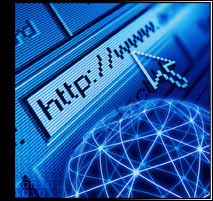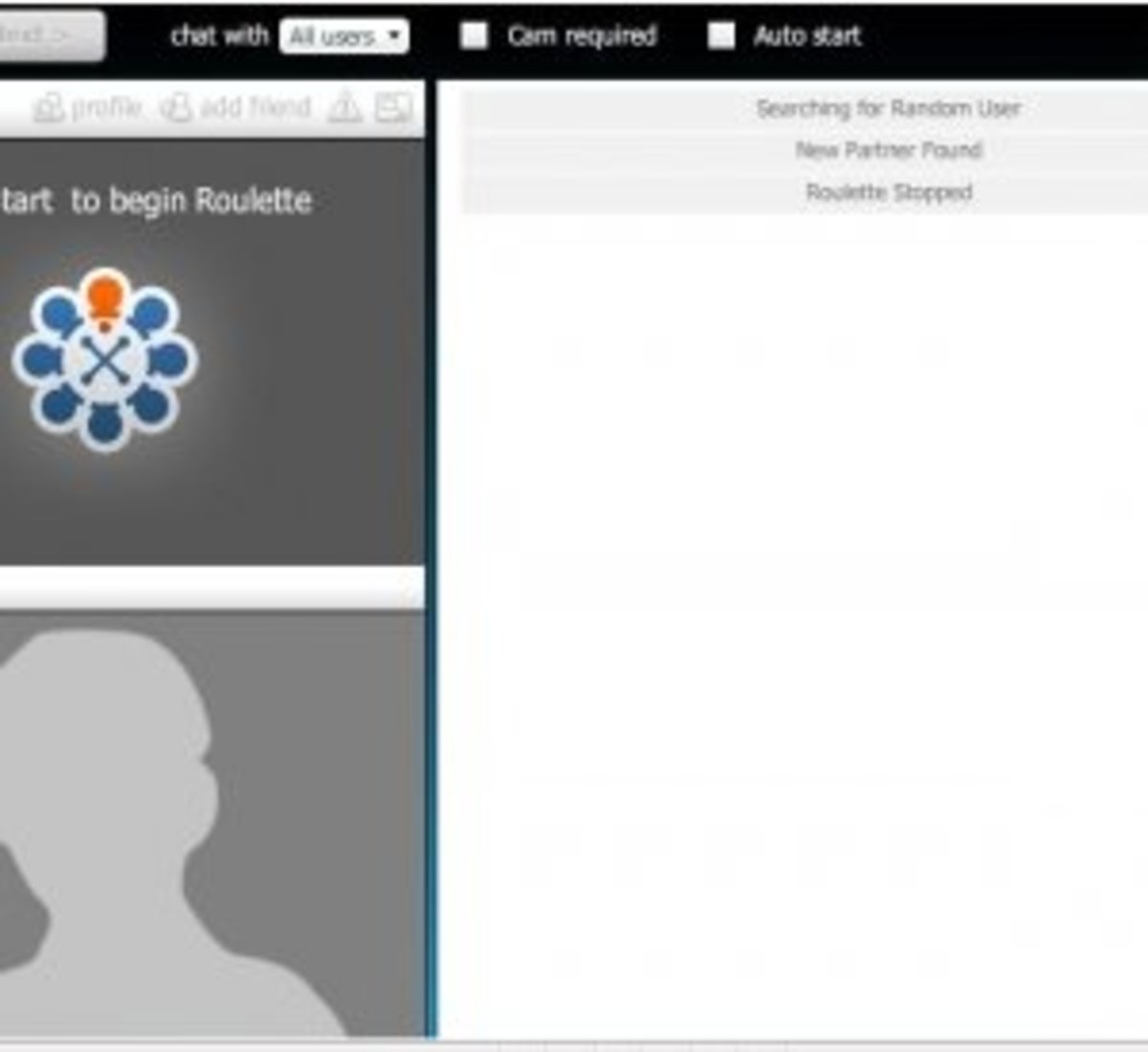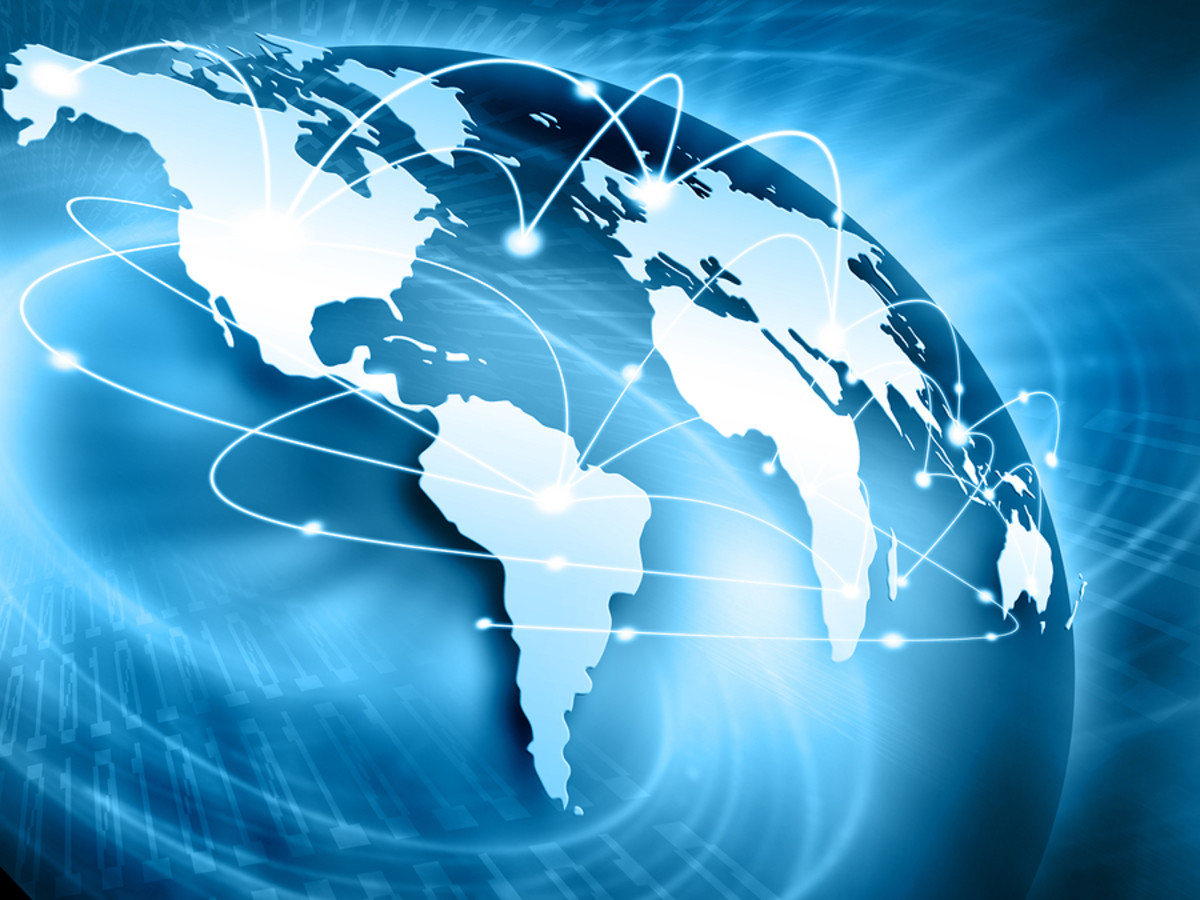Who Runs The Internet?

WHO runs the internet and who can break it? The technical answer to this question is simple: no one and every one! Because unlike most organizations with defined chain of command we are familiar with "the internet is a loose combination of small networks run by many concerns around the world." But there is more to it; there are stakeholders who are working together to see that it runs smoothly, and their way.
The key to understanding as to who has the power to control the internet lies in understanding of its technical working. The internet is the largest man made system; robust and flexible. It is a worldwide environment of hundreds of thousands of networks all chained together by internet service providers (ISPs). The most popular public service of the internet is the World Wide Web, which permits access to a vast amount of information supplied from processors known as web servers since they serve information to world wide users of the Web.
Simply put, information in the form of zeros and ones, called bits - abbreviation for binary digit that is the smallest unit of data - sent from one computer to another is split into small packets which are routed through the internet. ISP send these packets of data to another ISP, which may send them to yet another ISP and so on, or through an Exchange Point or a National Access Point or Local Access Point to get to another ISP. Thus packets pass through various nodal points till they reach their destinations. Packets also pass through fibre optic cables in the ground, satellites in the sky, undersea cables, (through radio links) or all of them. Eventually packets arrive at the destination, and the responses travel back along a similar pathway though not necessarily the same way.
There may be a problem at any point in the way - congestion, broken links, power outages - which may cause momentary delays or errors. Problems in intervening parts of the internet do not break the internet that may well be accessible to other users, and may become accessible as soon as the various ISPs route traffic bypassing problem areas. Much rerouting in the internet is dynamic, and happens automatically. In particular, the big ISPs, called backbones, cover vast geographical areas and carry large proportions of the internet's traffic. A failure in a backbone or in one of the major points in between can affect many internet users. And such a problem may take some time to be resolved. There are so many other key parts of the internet, but failure of any one may not affect the internet at large. People operating the equipment at any nodal points or networks that form tiny portions of the internet are not running the internet.
The decentralization of the internet is one of its most basic features, designed into its protocols from the beginning and tested in practice. This feature requires cooperation, so the various ISPs and the like are accustomed to cooperating with one another to fix and prevent problems. It is this decentralization and cooperation that has permitted the internet to grow faster for longer than any other technological phenomenon in history in the first place.
No single authority formally controls the internet; it has long since outgrown control by the US, the home county of the internet. In order to oversee the cooperation required most of the technological decisions are made by internet society who tries to set the internet standards. Interne Society's "hold" on the internet comes from assorted standard bodies: The Internet Corporation for Assigned Names and Numbers (ICANN), internet protocol, Internet Engineering Task Force, and different Network Information Centres for different region that administer internet access for particular geographic areas. De facto observation shows that the proceedings and recommendations of these bodies cannot be dominated either by single authority or country.
"ICANN, the most visible internet body that manages a key aspect of the internet, derives its authority solely from the US government, has failed and should be scrapped," argues technology consultant and IT writer Bill Thompson. "I would be tempted to ask the International Telecommunication Union, the body that coordinates telecommunications networks and services, to take over responsibility both for DNS and for address allocation, Bill Thompson suggests. One may agree with the writer that the ICANN may be made more representative but there has to be some one to be in place to oversee domain names and other functions. It is in this context that it should be seen as to who really is steering the internet as we know today.
It gets interesting when one sees that the other players - industry giants, vendors, cyber criminals, users - getting stronger every day. As the advent of affordable desktops deeply changed the way we work, Web technologies and online services are now defining the limits of internet usage and altering the way we live. Browsers' war, controversy over instant messaging interpretability, digital wallets, interactive video, and an entirely new web language called XML areas where industry heavy weights are heavily involved vying for control. Business-to-business cross-platform data exchange, e-commerce, wide-scale directories to allow single Net sign-on, digital streaming and voice technology with a focus on digital phone calls and voice-activated web browsers are some more. The nexus of the industry's large manufacturers and software developers and the leading online services providers are making the consumers' base to quickly adapt to divergent changes brought about by them.
As more and more business and individual users moves further onto the internet, predicting the next key trend is more important than ever for IT industrialists not only seeking to determine what course the internet takes but also making it happen their way. This tug of war for the leadership may not be decided by a single product or service, but through a series of products and services in different fields. The winners will in all likelihood control what the general public do online. But what can be foreseen with certainty is this: industry leaders are in position to pull the internet strings in more than one ways now; and in times to come.
Or, is it the army of expert programmers who write viruses (and other cyber criminals) that will have a say as to how the internet is managed? "With the clampdown on unsolicited e-mail, which now accounts for 50 per cent of email traffic (flying around in cyberspace), spammers need to find ways like this to continue their nuisance work. Motivated by financial gain (coming from spammers), they (virus writers) are more and more likely to be working with spammers and hackers," writes Paul Wood, chief security analyst at MessageLabs. It looks strange now but one will not wonder if these heterogeneous cyber criminal groups working all around the globe gain more power to have some control over utility.
The types of information users on this new and interactive medium change their opinion and lead them to believe things. This usage also controls the internet in some ways. The web sites, home pages, newsgroups, and knowledge blogs store a wealth of information on almost every subject under the sun. The information out there is not always objective. The biggest hindrances to objectivity are ever present personal biases and conflict of interests - political, economic, religious and philosophical or simply malicious. For some, their own agendas take precedence over truth and they want users to believe what they believe.
In some countries even governments try to control the internet though monopoly on connectivity and or regulations and censorships of different kinds; though unsuccessfully. Given the international nature of the internet, it is a serious challenge and certain technical aspects of the internet make censorship very complicated.
Filtering access to the internet is not a viable solution any way. Instead of censorship, there should be promotion of understanding and sense of responsibility. Governments should ensure that people from different socio-economic backgrounds have freely access to the internet through provision of physical infrastructure. And, the users must be educated to learn as to how to read and interpret the enormous flow of information available.
A great network has been built, and many of us have come to love it and to rely on its openness, freedom, efficiency, economy, and lack of boundaries, extensibility and elasticity. One study shows that the people around the world who are familiar with this great leveller are "very enthusiastic about the internet. They view it as an effective business tool and a rich knowledge resource that makes their work and lives better; some well founded concerns and trust deficit notwithstanding."
The internet steers itself. Manufacturers, developers, services providers and many other stakeholders twist and turn between proprietary rights and management of the medium. "Meanwhile, guiding the whole thing in an abstract way are market forces and Metcalfe's Law, which says that the value of a network grows as the square of the number of users. In other words, to get maximum value, connect with everyone else and be like everyone else."








